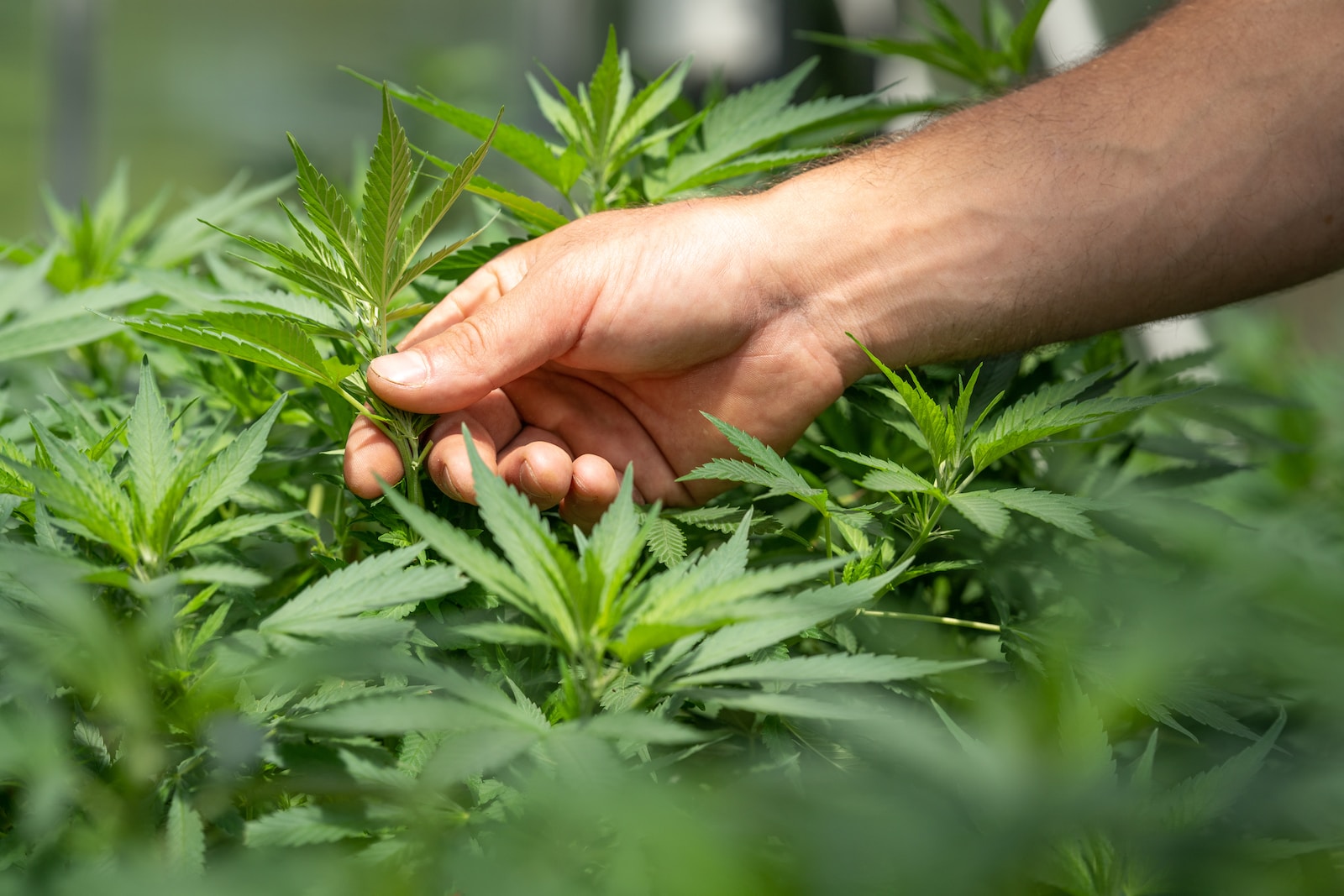CBD, short for cannabidiol, has been making waves in the world of health and wellness. As scientists and researchers continue to explore its potential benefits, the landscape of CBD science is rapidly evolving. In this article, we will take a deep dive into the most recent research findings related to CBD, demystifying its effects, benefits, and applications.
Exploring CBD Science: Recent Research Findings Demystified
CBD has gained widespread attention due to its potential therapeutic properties. Recent research has shed light on various aspects of CBD science, giving us valuable insights into its effects on the human body and mind.
The Endocannabinoid System: Unraveling the Mechanism
Recent studies have elucidated the intricate workings of the endocannabinoid system (ECS) – a complex network of receptors and molecules that play a crucial role in maintaining homeostasis. CBD interacts with the ECS in a unique way, influencing various physiological processes such as pain perception, mood regulation, and immune response[^1^].
Pain Management and CBD: A Promising Connection
One of the most exciting areas of research revolves around CBD’s potential in pain management. Recent clinical trials have indicated that CBD might offer relief for chronic pain conditions, such as arthritis and neuropathic pain. The anti-inflammatory properties of CBD contribute to its analgesic effects, providing a new avenue for non-opioid pain relief[^2^].
CBD and Anxiety: Finding Calm in the Chaos
Anxiety disorders affect millions worldwide, and recent studies have explored CBD as a potential anxiety-reducing agent. Research suggests that CBD interacts with serotonin receptors in the brain, playing a role in reducing anxiety and promoting a sense of calmness[^3^]. However, more extensive research is needed to fully understand its mechanisms and optimal dosages.
Neuroprotective Potential: Guarding the Brain
Protecting the brain from neurodegenerative diseases is a topic of great interest. Recent findings propose that CBD might have neuroprotective properties, potentially offering defense against conditions like Alzheimer’s and Parkinson’s disease. While results are promising in animal studies, further research is crucial to validate these effects in humans[^4^].
Addressing Sleep Disorders with CBD
In our modern, fast-paced world, sleep disorders have become increasingly prevalent. Recent research indicates that CBD might promote better sleep by addressing underlying issues such as anxiety and pain. By indirectly influencing sleep-regulating neurotransmitters, CBD shows promise as a natural sleep aid[^5^].
CBD’s Role in Skin Health: Emerging Trends
The skincare industry has witnessed a surge in CBD-infused products, claiming various benefits for skin health. Recent studies suggest that CBD’s anti-inflammatory and antioxidant properties could contribute to alleviating skin conditions like acne, eczema, and psoriasis[^6^]. As research advances, CBD may become a staple in dermatological treatments.
CBD and Epilepsy: From Controversy to Cure
Perhaps one of the most notable breakthroughs is CBD’s efficacy in treating certain forms of epilepsy, such as Dravet syndrome and Lennox-Gastaut syndrome. Recent clinical trials have shown a significant reduction in the frequency of seizures among patients using CBD-based medications[^7^]. This groundbreaking discovery has transformed the lives of many families and sparked hope for epilepsy management.
Frequently Asked Questions (FAQs)
Q: Can CBD get you high?
A: No, CBD is non-psychoactive, meaning it doesn’t induce a “high” like THC, another compound found in cannabis.
Q: Is CBD legal?
A: The legal status of CBD varies by country and region. In many places, CBD derived from hemp with low THC content is legal.
Q: What are some common methods of consuming CBD?
A: CBD can be consumed through various methods, including tinctures, capsules, edibles, topicals, and vaping.
Q: Are there any side effects of CBD?
A: While generally well-tolerated, some individuals may experience side effects like dry mouth, drowsiness, or changes in appetite.
Q: Can CBD interact with medications?
A: CBD has the potential to interact with certain medications, so it’s advisable to consult a healthcare professional before use.
Q: How do I determine the right CBD dosage for me?
A: Finding the right CBD dosage involves factors like your weight, the severity of your condition, and the type of CBD product. Starting with a low dose and gradually increasing is recommended.
Conclusion
In the realm of CBD science, recent research findings have ignited excitement and curiosity. From unraveling the mysteries of the endocannabinoid system to exploring CBD’s potential in pain management, anxiety reduction, neuroprotection, and more, the scientific community is uncovering new dimensions of this versatile compound. While the field is still evolving, the potential benefits of CBD for various health concerns are encouraging. As more studies emerge, we can look forward to a better understanding of CBD’s role in enhancing our well-being.
